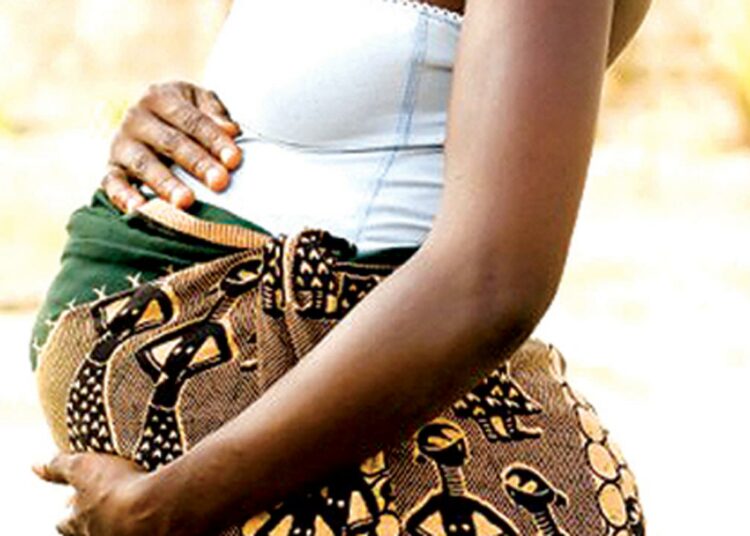Kano State government said it has enrolled 110,395 pregnant women from communities across the state who accessed free antenatal healthcare services from 2022 till date.
Executive secretary of Kano State Contributory Healthcare Management Agency (KSCHMA), Dr. Rahila Murktar, made the disclosure at a safe motherhood symposium organized by the state ministry of health in collaboration with development partners.
In her presentation titled, ‘Role of KSCHMA on improving maternal health in Kano, Dr. Murktar said 50 percent of its enrollees are women who have access to comprehensive safe motherhood services, including drugs and laboratory investigations.
She said the agency has also facilitated quality access for thousands women of reproduction age to essential maternal healthcare services of which include 21,824 delivering services and 964 caesarian section within the period in view; noting that the services were provided in order to reduced maternal and neonatal mortality, promote equity as well as remove financial barrier for women in terms of accessing comprehensive health care services.
While calling for more collaborative effort at complementing government efforts to give women a joyful motherhood experience, Murktar said there are a large number of women who do not have this privilege, stressing that only 3.9 percent of Kano population are currently enrolled in KSCHMA programs.
“Opportunity exists for organisations, communities, and individuals to key into KSCHMA programs and complement government efforts to cover more women and reduce the rate of maternal deaths,” she added.
Also at the event, a representative of traditional institution, Falakin Bichi, Abba Waziri, said accessibility to healthcare services has remain a great challenge to rural dwellers, hence the need for the development partners and wealthy individuals to extend their kind gestures directly to those areas and make interventions as well as make supervisions where necessary.
UNICEF health specialist, maternal, new born and child-health, Kano field office, Saudat Bashir, said UNICEF whose activities dwell more on women and children would continue in its support to see that maternal mortality is reduced to the barest minimum.
She said the state of maternal mortality is worrisome, as such, stakeholders such as the community, traditional leaders, Ulamas, and the CSOs need to work hard and have a strategic approach of more action than making statements to achieve the desired results.




